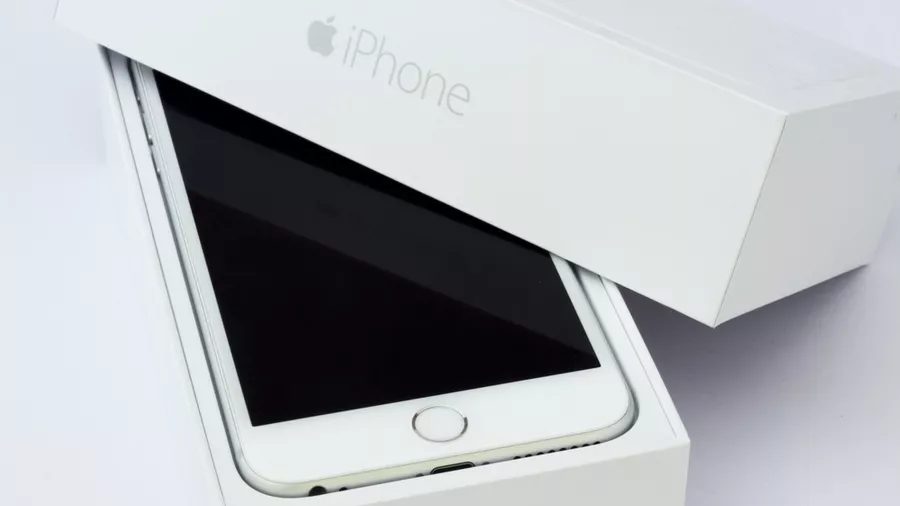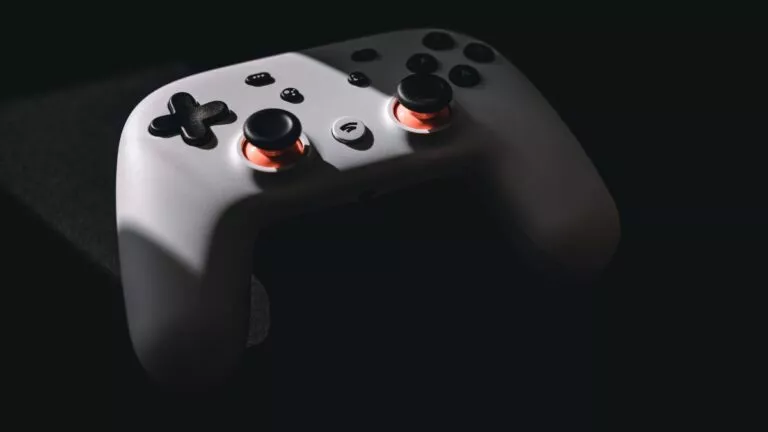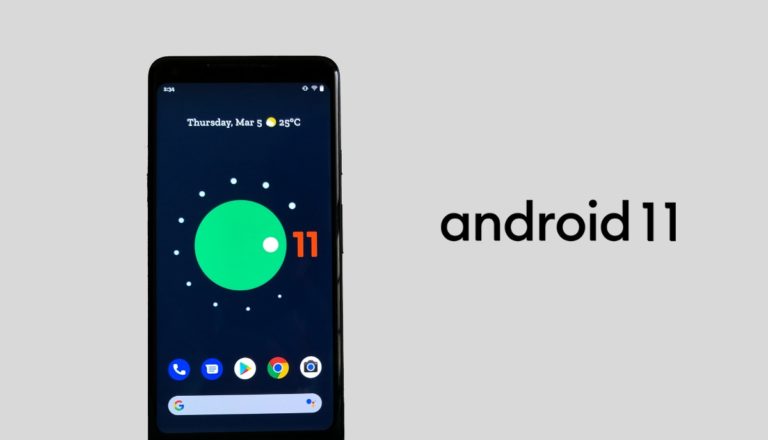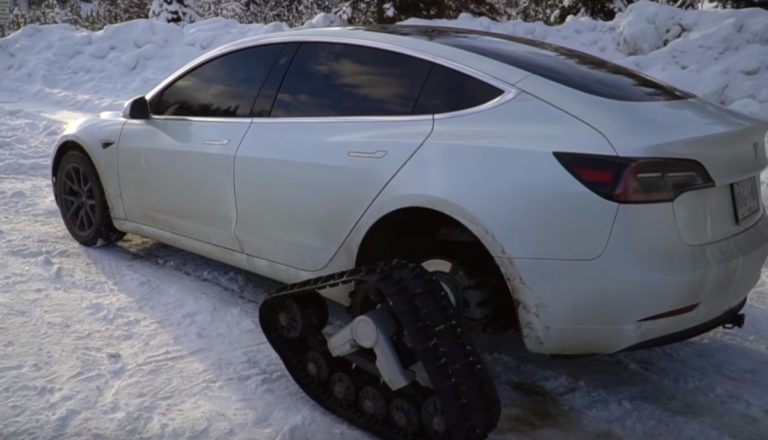Two College Students Made $1 Million By Replacing Fake iPhones

Clones of Apple iPhones are not uncommon or unheard of before. The market is flooded with iPhone clones, but two college students turned it into their business and duped Apple by replacing thousands of fake iPhones.
The two Chinese students, studying at Oregon University, have raked in close to $1 million by replacing fake iPhones imported from China. They provided counterfeit iPhones to Apple by saying that the phones have stopped functioning.
Exploiting the Cupertino giant’s warranty system, the duo got their fake phones replaced with brand new iPhones. After acquiring genuine phones, the accused students would then send them back to China with a profit cut.
Jiang, one of the two students involved in the scam, sent 3,069 “iPhones” to Apple to get them replaced and out of these almost 1,500 devices were replaced which cost Apple $895,800.
Apple officials did not recognize counterfeit iPhones
The remaining iPhones were rejected as Apple’s service team deemed them ineligible for replacement because they were “tempered” with. Interestingly, the geniuses at Apple service centers failed to recognize the fake iPhones and did not raise a question about the genuineness of the phony iPhones.
Federal prosecutors in the US filed a criminal complaint after customs officers suspected of a possible scam owing to a regular shipment of iPhones received by Chinese students.
warranty and repair process.”
How did scammers manage to dupe Apple?
Apple’s warranty system is based on the device’s serial or IMEI/MEID number which is printed on the retail box and can be found in Settings when we speak of iPhones.
With the serial number, Apple or anybody can obtain the device’s information such as the purchase date, specifications and iOS version running on it. However, there is no means to check the ingenuity of hardware.
It is likely that the scammers got hold of genuine serial/IMEI numbers and fitted them onto fake iPhone hardware. Now, the question which arises is how the students managed to get their hands on the original serial numbers.
If the numbers obtained were genuine, what about the device owners associated with those serial numbers?
It seems like Apple needs to come up with a means to check the originality of hardware before replacing iPhones.
What are your views about the incident? Tell us in the comments section.
Also Read: Apple Car Roundup: Release Date, Project Titan, Autonomous Driving






